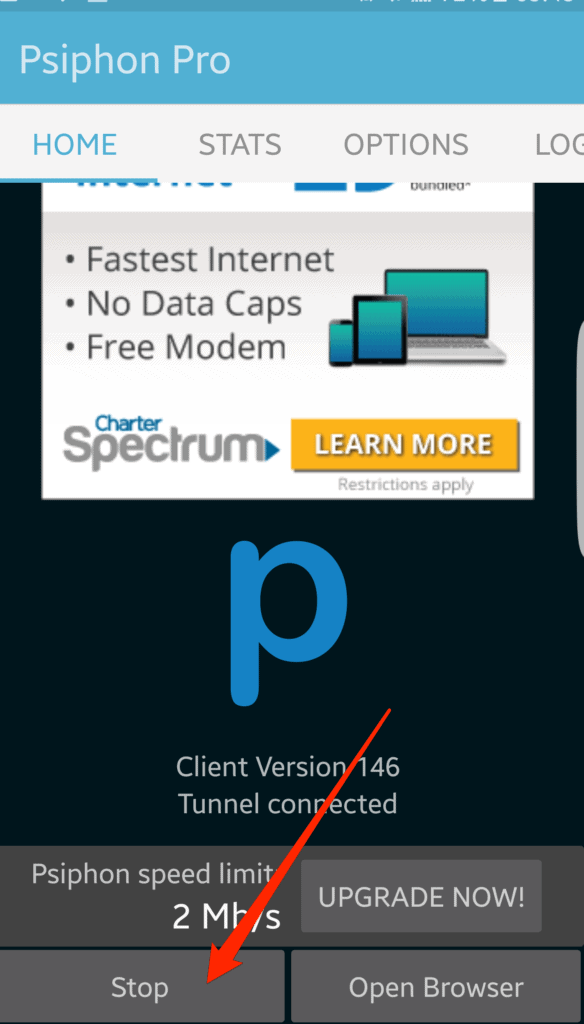

“What we're trying to build is a network of trust among people who know each other,” says Villeneuve, “rather than a large tech network that people can just tap into." Being open-source, Psiphon even offers the code and design documents right on their homepage. When a user installs and uses Psiphon, they share their new platform with other local users, and the network grows organically.

These servers serve as shortcuts and back doors into sites that are otherwise off-limits, enabling you to not only visit them, but to visit them faster: A highway pass with no speed limits. "The idea is to get users to install this on their computer and then deliver the location of that circumventor,” explains malware expert and director of FireEye’s Threat Pursuit Team, Nart Villeneuve.įree and open-source, Psiphon uses a combination of secure communication and obfuscation technologies to centrally manage and geographically diversify a massive network that spans thousands of proxy servers. Users host private connections in countries where content is blocked. Instead of offering a company-based network of locations to mask users, Psiphon was designed for individual installation on personal computers and mobile devices. While the core mechanics of a VPN are not new, Psiphon goes about them in a creative way. Psiphon combats content filters that otherwise censor websites, and it does so without having to manage a mammoth tech network that people can just tap into. Whether it’s to tune into your favorite news broadcast or add an extra layer of protection for public wi-fi, Psiphon is a safe, consistent tool for accessing the Internet.Īs a forerunner in VPN services, Psiphon was designed to bypass the restrictions laid down by countries who hold information captive. The issue becomes more ubiquitous as you travel from country to country, as different governments have differing censorship laws. In spite of the ‘free Internet’ being a place of unrestricted meanderings, stumbling across a blocked site remains a frustratingly common occurrence. The company’s original concept was an Internet proxy that was both easy for novice users to pick up and get running, and lightweight enough that it would not bloat mobile devices. Developed in 2007, Psiphon has a straightforward goal: Facilitate access to websites and services that have been blocked, censored, or made otherwise unavailable.


 0 kommentar(er)
0 kommentar(er)
